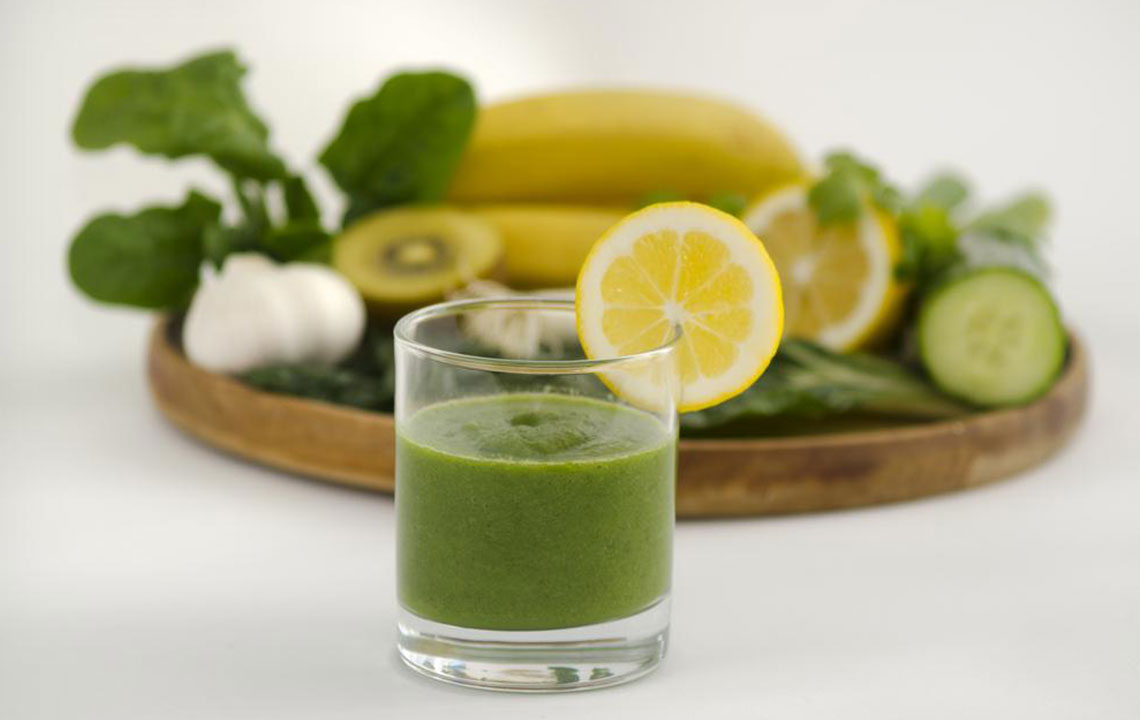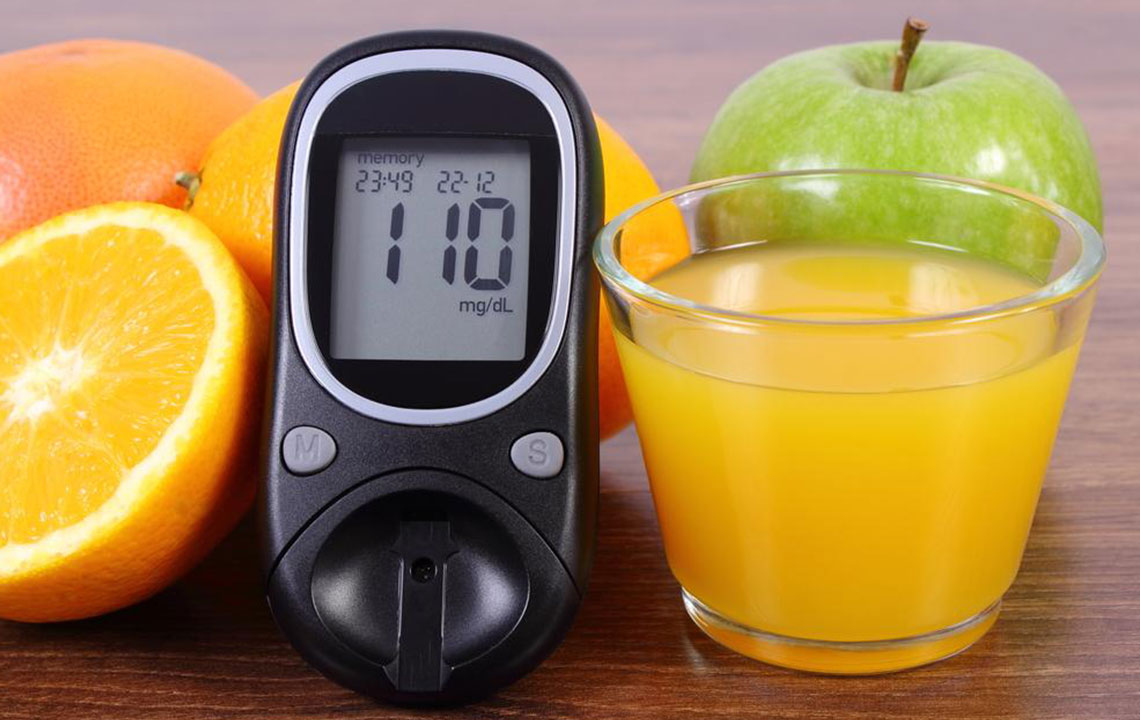Comprehensive Guide: Top 7 Foods to Avoid for Effective Diabetes Management
Discover essential dietary tips for diabetics in this comprehensive guide, highlighting the top seven foods to avoid. Learn how refined carbs, processed foods, sugary drinks, and fried foods impact blood sugar levels and overall health. Make smarter dietary choices with practical alternatives to improve blood glucose control, prevent complications, and enhance quality of life. This detailed article provides valuable insights for effective diabetes management through smarter eating habits and lifestyle adjustments.
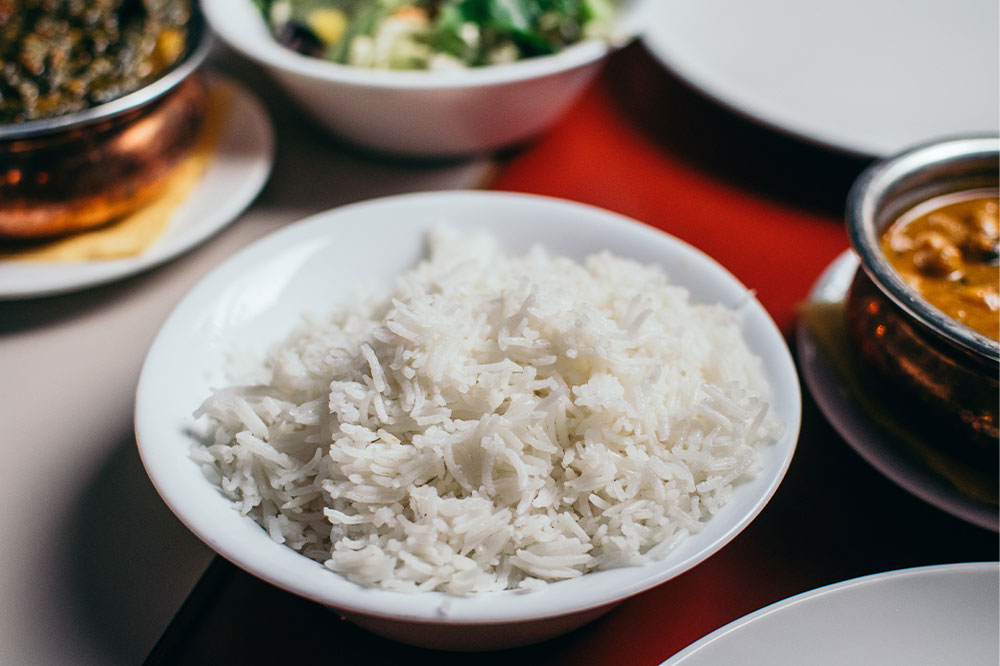
Comprehensive Guide: Top 7 Foods to Avoid for Effective Diabetes Management
Managing diabetes successfully requires careful attention to diet. Your food choices directly influence blood glucose levels and overall health. While embracing a balanced, nutritious diet is crucial, certain foods can exacerbate diabetic symptoms and increase the risk of complications. This extensive guide highlights the top seven foods that individuals with diabetes should avoid or limit to maintain optimal control over their condition, improve quality of life, and reduce the likelihood of long-term health issues.
Refined Carbohydrates and Simple Starches
Refined carbohydrates are one of the main culprits raising blood sugar levels rapidly. Foods like white rice, white bread, processed breakfast cereals, French fries, and fried tortillas contain high amounts of simple carbs that cause quick spikes in blood glucose. These foods lack fiber, which helps slow glucose absorption. Replacing refined grains with whole grains such as brown rice, whole wheat bread, oats, and barley can significantly improve blood sugar stability. Incorporating fiber-rich foods moderates blood glucose fluctuations and promotes better digestion and satiety.
Preserved and Canned Vegetables
Many canned or preserved vegetables are high in sodium and preservatives, which can negatively influence blood pressure and overall health. Fresh, organic vegetables are preferable because they retain higher nutrient content and lack unnecessary additives. Additionally, avoid stir-frying vegetables with excessive butter, oil, or unhealthy fats, as this increases calorie and fat intake unnecessarily. Instead, opt for steaming, roasting, or lightly sautéing with minimal healthy fats. Choosing fresh produce supports better blood sugar management and reduces the risk of heart disease, common among diabetics.
High-Sodium and Processed Foods
Many canned vegetables, pickles, frozen meals, and processed snacks contain excessive sodium, which can elevate blood pressure and strain the cardiovascular system. Limiting or avoiding high-sodium foods is vital for diabetics to protect heart and kidney health. Focus on low-sodium options and prepare meals at home with fresh ingredients to control salt intake effectively.
Sugary Drinks and Sweetened Beverages
Packaged fruit juices, soda, sweetened teas, energy drinks, and candies are loaded with added sugars that rapidly increase blood sugar levels. Regular consumption of these beverages can lead to insulin resistance and exacerbate diabetic symptoms. Instead, hydrate with water, infused water, or unsweetened herbal teas. When craving sweetness, opt for fresh fruits or prepare homemade smoothies with minimal or no added sugar, which provide fiber and nutrients without causing sugar spikes.
Dairy Products with Added Sugar
Not all dairy is created equal for diabetics. Choose low-fat or fat-free options like skim milk, plain Greek yogurt, and unsweetened sour cream. Avoid full-fat milk, flavored yogurts, and ice creams, which often contain high levels of added sugars. These products can significantly impact blood glucose control and contribute to weight gain, increasing the risk of complications. Reading labels carefully and opting for unsweetened dairy options can help in maintaining steady blood sugar levels.
Fried and Oily Foods
Deep-fried foods, especially those prepared with palm or coconut oil, are rich in unhealthy trans fats and saturated fats, which are detrimental to heart health. Common fried foods like fried chicken, fish, potato chips, and battered vegetables elevate bad cholesterol levels and increase cardiovascular risk. To promote heart health and better glycemic control, limit consumption of fried foods. Use healthier cooking methods like baking, steaming, grilling, or shallow frying with olive or canola oil. Moderating intake of oily foods also helps in maintaining a healthy weight and controlling blood sugar levels.
Sugary Beverages and Alcoholic Drinks
Soft drinks, canned fruit drinks, sweet beers, and flavored alcohols contain high amounts of refined sugar, which can cause rapid spikes in blood glucose. These beverages also contribute empty calories, promote weight gain, and worsen insulin resistance. Preparing healthy drinks at home like sugar-free fruit infusions, herbal teas, or infused water can satisfy sweet cravings without impacting blood sugar. Additionally, reducing or eliminating alcohol consumption helps prevent blood sugar fluctuations and protects liver and kidney health. Moderation is key for those who choose to drink alcohol, and consulting with healthcare providers is recommended.
In conclusion, managing diabetes effectively involves making informed dietary choices. By avoiding foods that cause blood sugar spikes and focusing on nutrient-dense, minimally processed foods, individuals with diabetes can achieve better glycemic control, improve overall health, and reduce the risk of complications such as cardiovascular disease, neuropathy, and kidney issues. Personalized meal planning, combined with regular physical activity and medication when necessary, forms the cornerstone of successful diabetes management. Remember, small consistent changes can have a profound impact on your long-term health.
